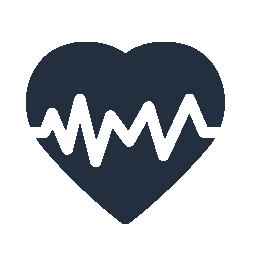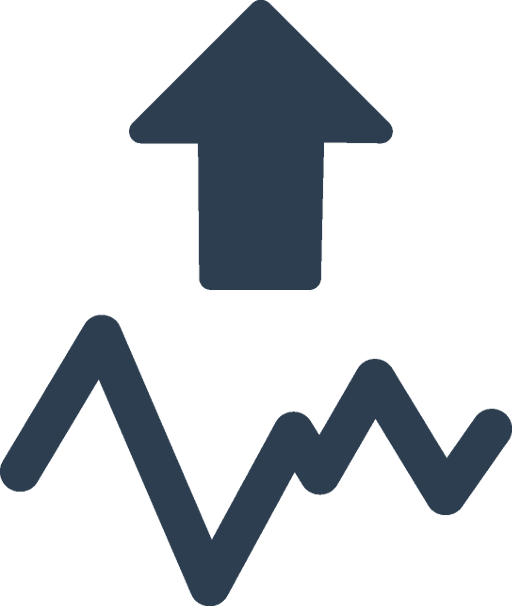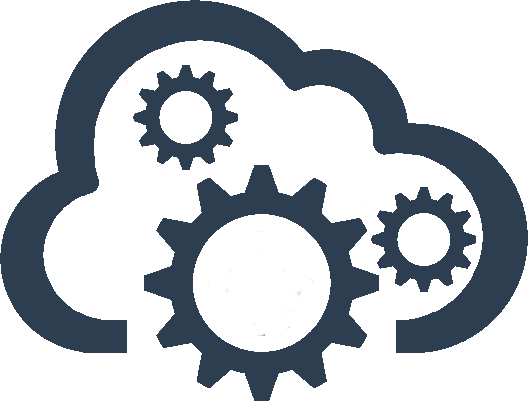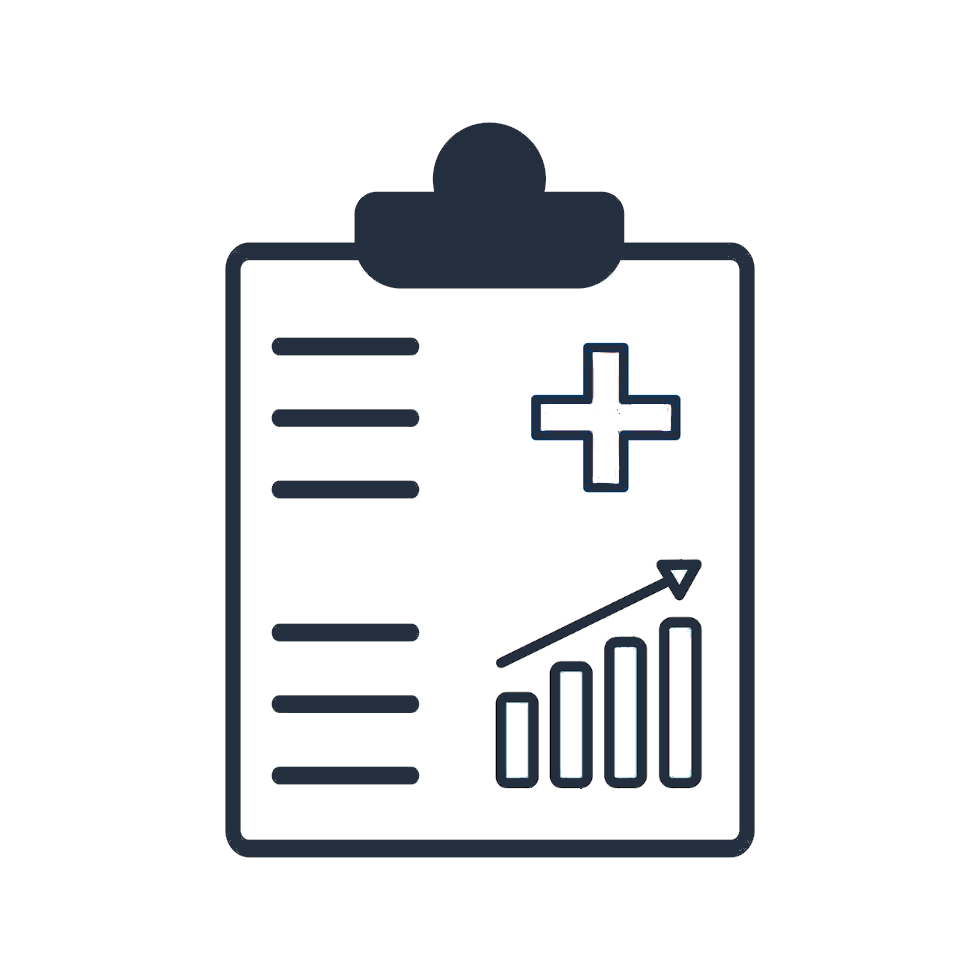1. Data recording

Record patient's ECG. It is an easy, non-invasive and cost-effective way to acquire data.
According to World Health Organization (WHO), before 2020 depression is forecasted to become the second cause of ill health and disability worldwide (and possibly even the first one before 2030). In the Netherlands in 2015, one million persons were medicated due to some form of depression (women are two times more likely to become ill), and more than 11% of all sick days leave were depression related.
The current clinical practice uses methods like interview and self-report from the patient to establish the diagnosis. At the moment not any form of quantification of a signal from the body of a patient is used to support diagnosis and medication management decisions.
Read more on World Health Organization and World Economic Forum websites.
Our state of the art solution for medical professionals who treat patients with recurrent depression is a combination of nonlinear analysis of electroencephalogram (EEG), special preprocessing and post-processing and machine learning. It is a result of many years of research, evidence-based (validated in three different clinical studies), simple, accurate and calculated in real time.
Recently we added detection based on Variability Heart Rate (VHR) measured by certified portable Humeds Cardea3 device which proved to have clinical accuracy of recording of electrocardiogram (ECG).

Record patient's ECG. It is an easy, non-invasive and cost-effective way to acquire data.

Request analysis by uploading the file containing ECG data to our web service or specifying reference to third party data source.

Our service will perform several analysis relevant for depression detection.

Once analysis is done, the results will be sent to the requester.